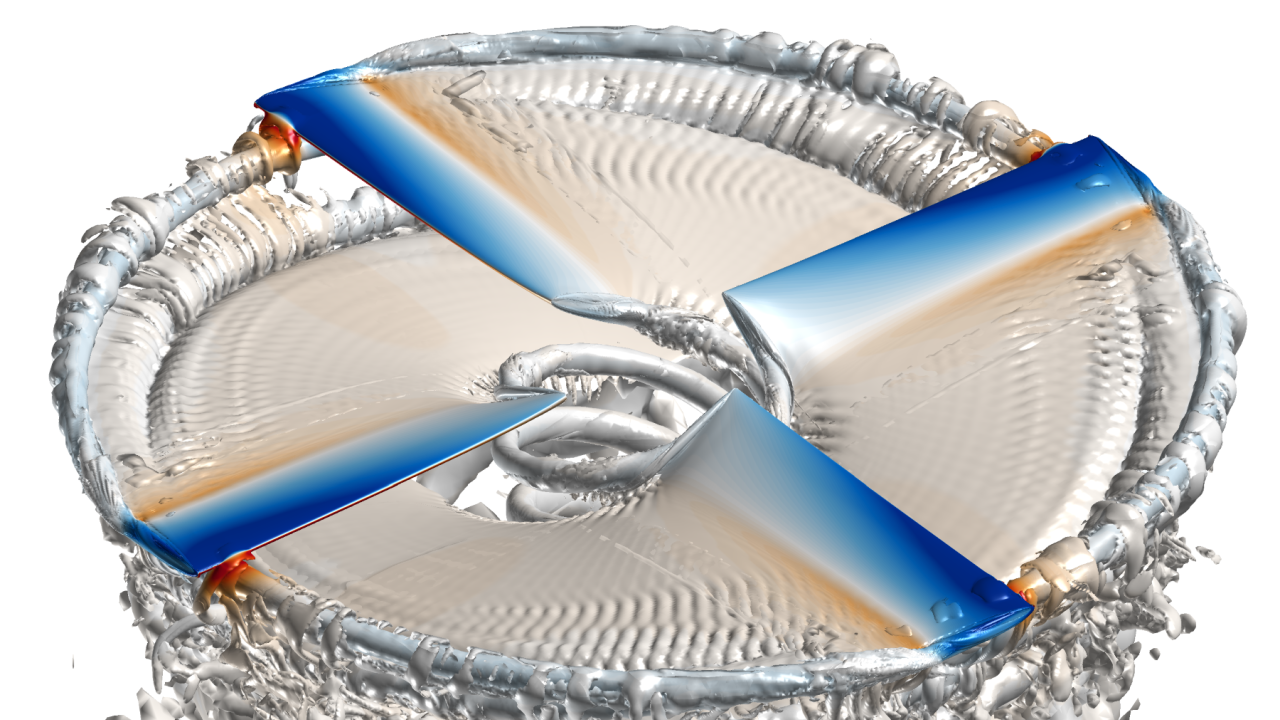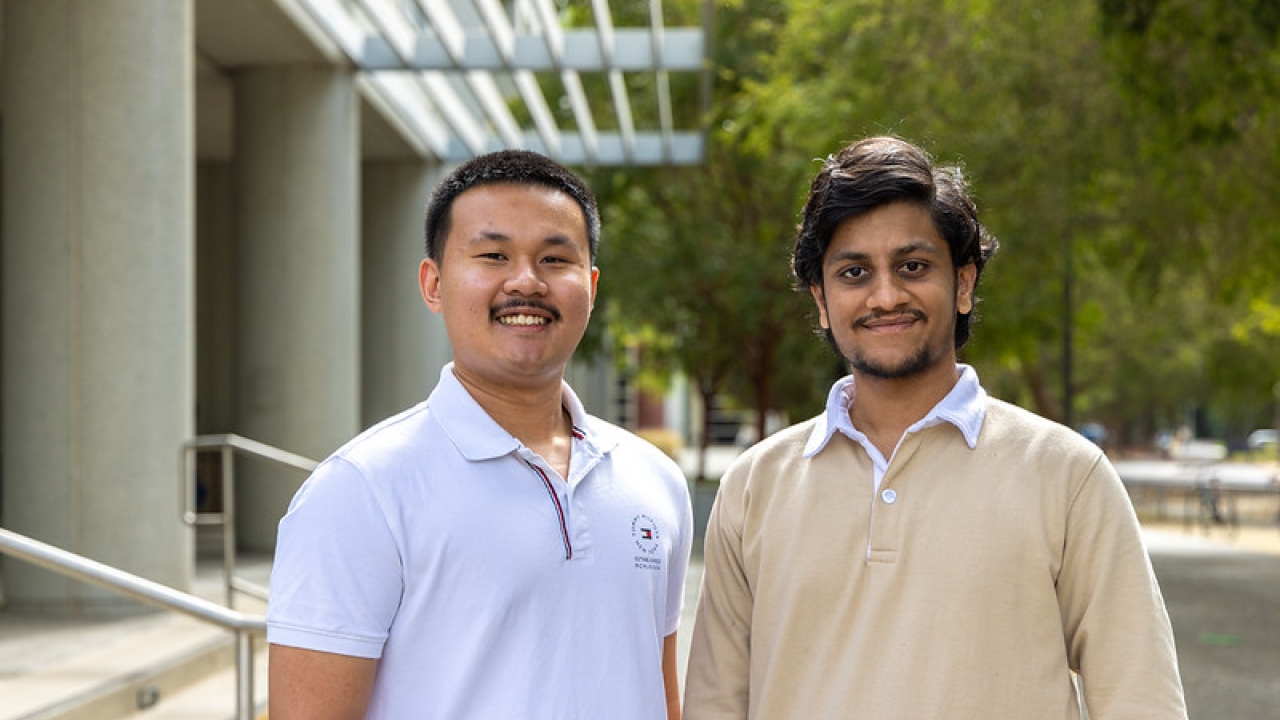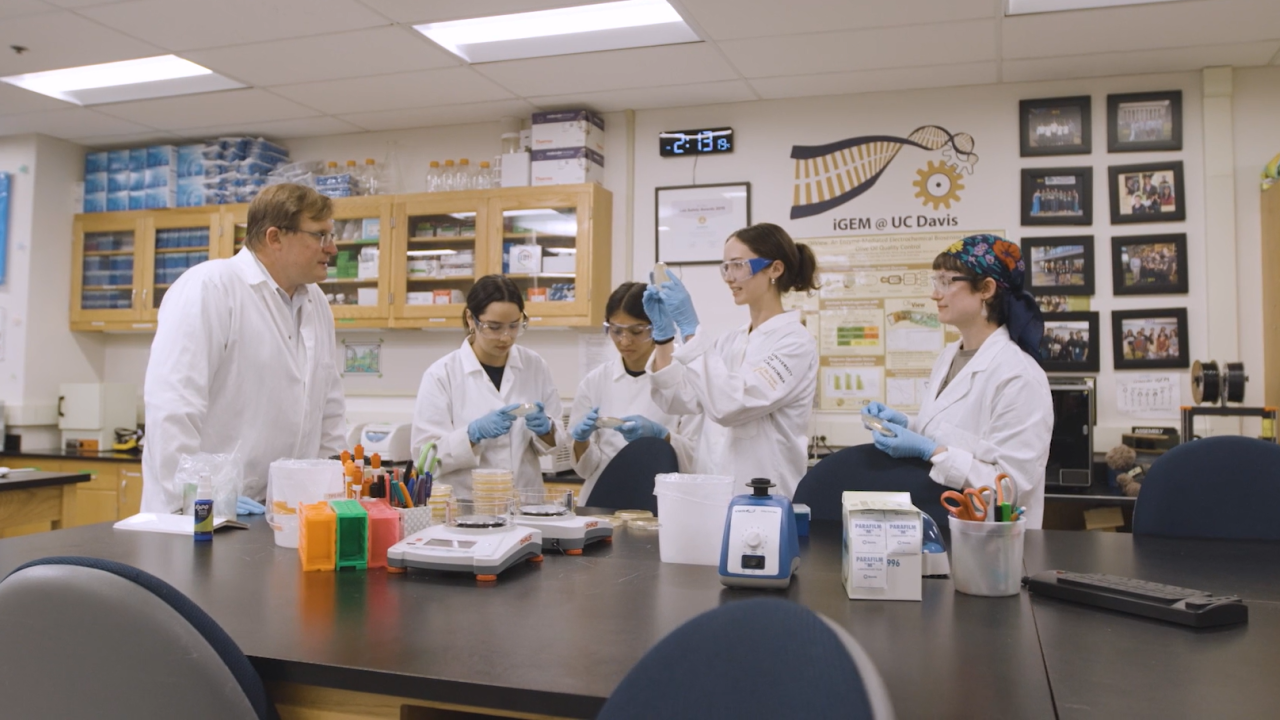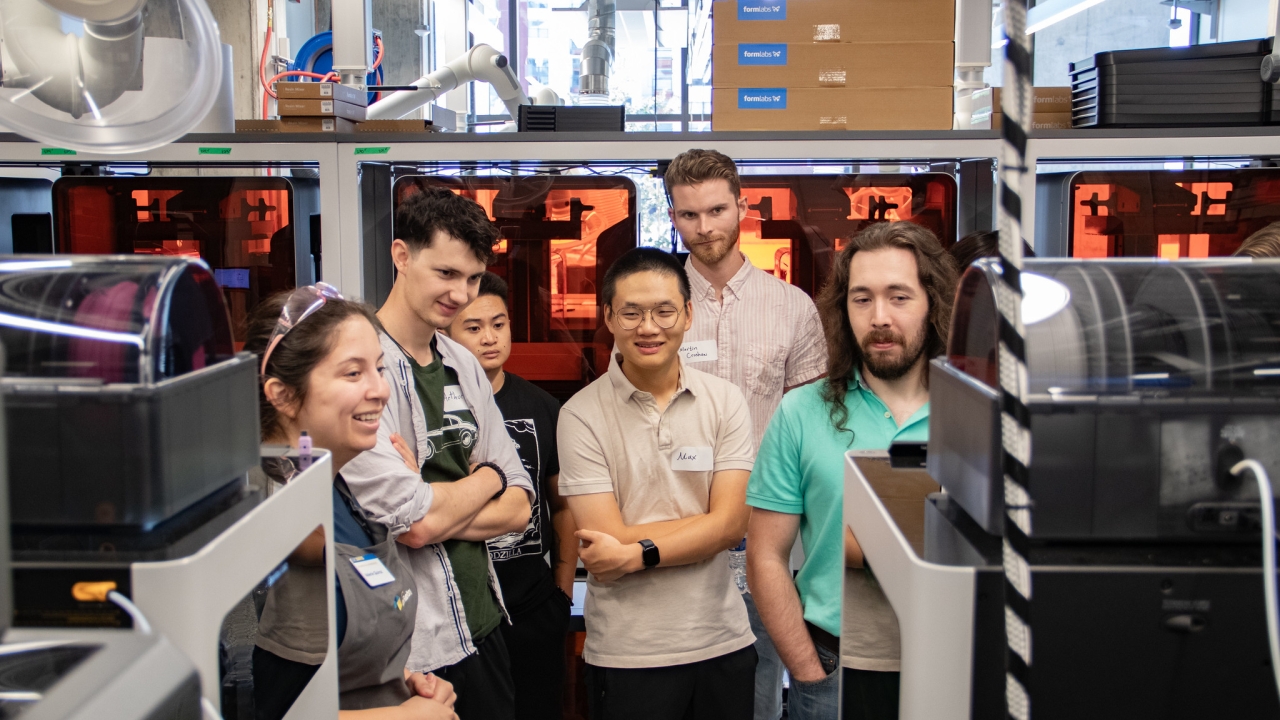M. Saif Islam Publishes Nanowires Research
Several noteworthy developments have emerged recently from the UC Davis Integrated Nanodevices and Nanosystems (INANO) Research Group, headed by M. Saif Islam, a professor in the Department of Electrical and Computer Engineering.
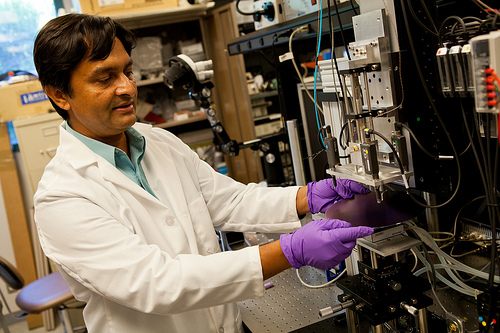 Islam and his team demonstrated the first 3D transistor array based on horizontally suspended silicon nano-bridges (nanowires). A high-throughput nano-manufacturing process was used to produce transistors, memory devices and analog/digital circuits, using a combination of top-down and bottom-up nanofabrication processes. These self-assembled semiconductor nanowires are regarded as promising building blocks for future nanodevices, because they have inherently small dimensions, as well as wide choices of materials and compositions.
Islam and his team demonstrated the first 3D transistor array based on horizontally suspended silicon nano-bridges (nanowires). A high-throughput nano-manufacturing process was used to produce transistors, memory devices and analog/digital circuits, using a combination of top-down and bottom-up nanofabrication processes. These self-assembled semiconductor nanowires are regarded as promising building blocks for future nanodevices, because they have inherently small dimensions, as well as wide choices of materials and compositions.
The innovative results were published in January 2014 issues of both Advanced Materials and Applied Physics Letters.
This work follows additional breakthroughs achieved by Islam’s INANO group: flexible batteries and ultra-low-voltage charged particle devices. The former addresses the increasingly crucial need for better and safer high-energy storage devices, given the meteoric rise of humanity’s dependence on portable gadgets. Both of these results were published in late 2013 by Advanced Functional Materials.
Following undergraduate studies in Turkey, Islam came to the U.S. and obtained his electrical engineering master’s degree and doctorate at UCLA, in 1999 and 2001, respectively. After some industry jobs that included a stint at Hewlett-Packard, he took a brief teaching position at San Jose State University before joining the UC Davis College of Engineering faculty in 2004.
His research focuses on ultra-fast optoelectric devices, molecular electronics and the integration of semiconductor nanostructures in devices for imaging, sensing, computing and energy conversion. His many honors include the 2006 College of Engineering Outstanding Junior Faculty Award, and the 2010 Academic Senate Distinguished Teaching Award. He also was named the Institute of Electrical and Electronics Engineers’ (IEEE) Outstanding Instructor of the Year, in electrical and computer engineering, in both 2005 and ’09.
Advanced Materials has been publishing cutting-edge progress in materials science for nearly 25 years. Advanced Functional Materials, now in its second decade as a top-tier materials science journal, reports on breakthrough research in all aspects of materials science, including nanotechnology, chemistry, physics and biology. Applied Physics Letters, finally, offers prompt publication of experimental and theoretical papers that concern the application of physics phenomena to all branches of science, engineering and modern technology.
Advanced Materials and Advanced Functional Materials are second only to Nature Materials, in terms of their “impact factor” with materials science and engineering researchers.

